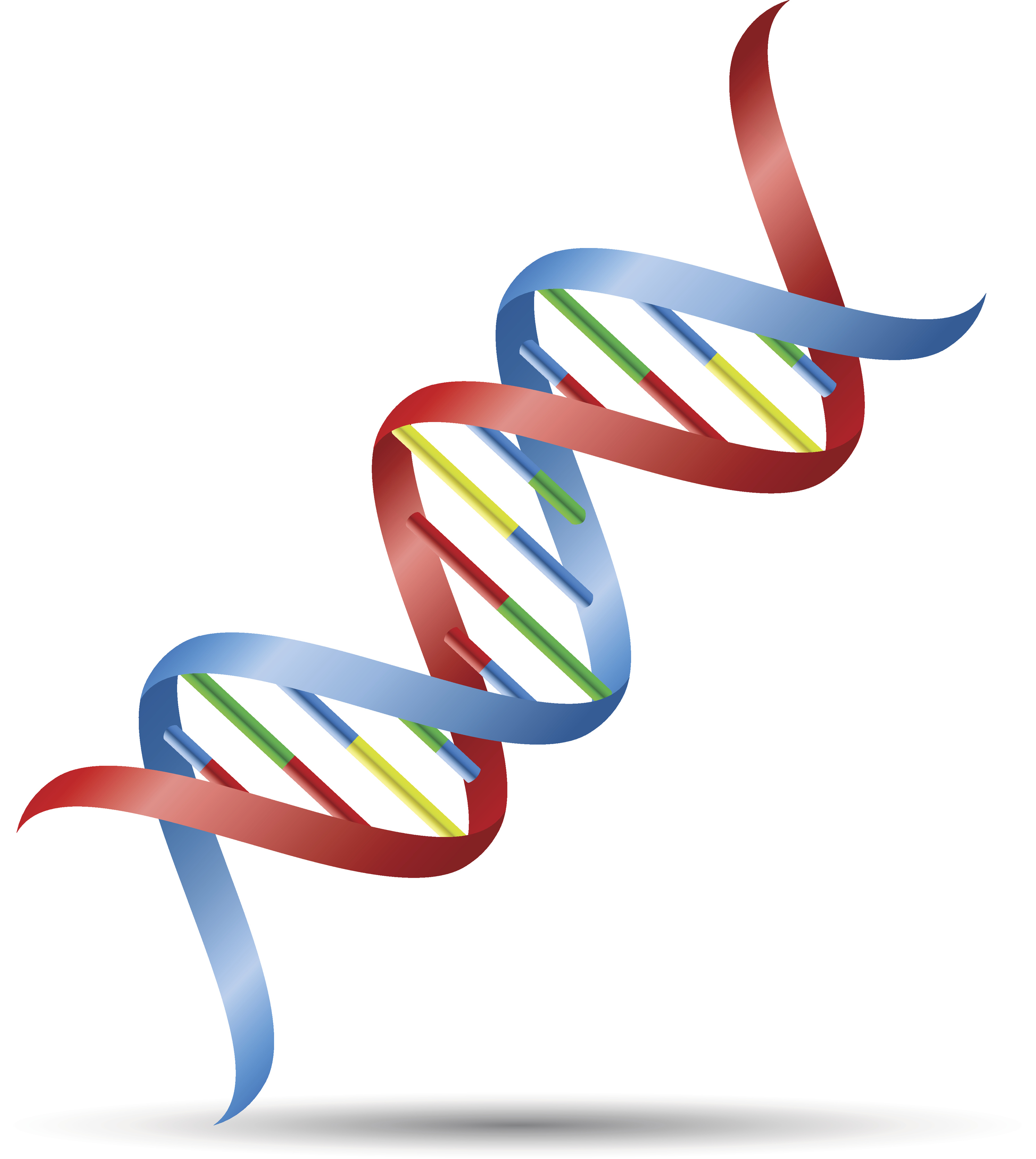Bipartisan Resolution Urges Creation of International Gene-Editing Standards
By Samara Rosenfeld,
Inside Digital Health [cites CGS' Marcy Darnovsky]
| 07. 19. 2019
It’s no secret that gene editing has sparked ethical concerns. In March, scientists and ethicists from seven countries issued a strict global moratorium on heritable genome editing in sperm, eggs and embryos. And this week, Sens. Dianne Feinstein, Marco Rubio and Jack Reed introduced a bipartisan resolution urging for the creation of international ethical standards for gene-editing research.
“There has been global outcry in response to unethical gene-editing experiments, and scientists have warned of the potential long-term consequences that could impact generations,” said Rubio, a Republican from Florida. “As we move forward, it’s vital that the U.S. lead the way in creating ethical standards for gene-editing research.”
The news of the resolution follows reports from last November of Chinese researchers claiming to have used CRISPR gene-editing technology to help a couple give birth to genetically modified twin girls. While this news raised many eyebrows, it did not stop a Russian scientist from saying this past June that he was planning to produce gene-edited babies in HIV-positive women.
The resolution states that the Senate opposes the...
Related Articles
By Scott Solomon, The MIT Press Reader | 02.12.2026
Chris Mason is a man in a hurry.
“Sometimes walking from the subway to the lab takes too long, so I’ll start running,” he told me over breakfast at a bistro near his home in Brooklyn on a crisp...
By Diaa Hadid and Shweta Desai, NPR | 01.29.2026
MUMBRA, India — The afternoon sun shines on the woman in a commuter-town café, highlighting her almond-shaped eyes and pale skin, a look often sought after by couples who need an egg to have a baby.
"I have good eggs,"...
By George Janes, BioNews | 01.12.2026
A heart attack patient has become the first person to be treated in a clinical trial of an experimental gene therapy, which aims to strengthen blood vessels after coronary bypass surgery.
Coronary artery bypass surgery is performed to treat...
By Staff, ScienceDaily | 01.05.2026
Scientists at UNSW Sydney have developed a new form of CRISPR technology that could make gene therapy safer while also resolving a decades-long debate about how genes are switched off. The research shows that small chemical markers attached to DNA
...




